1、 Curing method
1. Temperature: it likes a cold climate. If the temperature exceeds 30 degrees, the plant will stop growing and flowering. Therefore, it generally rarely blooms in midsummer. After the temperature drops, it will bloom again. The most suitable temperature for its development is between 15 and 20 degrees. Therefore, if you want to cultivate it, you'd better sow it in winter
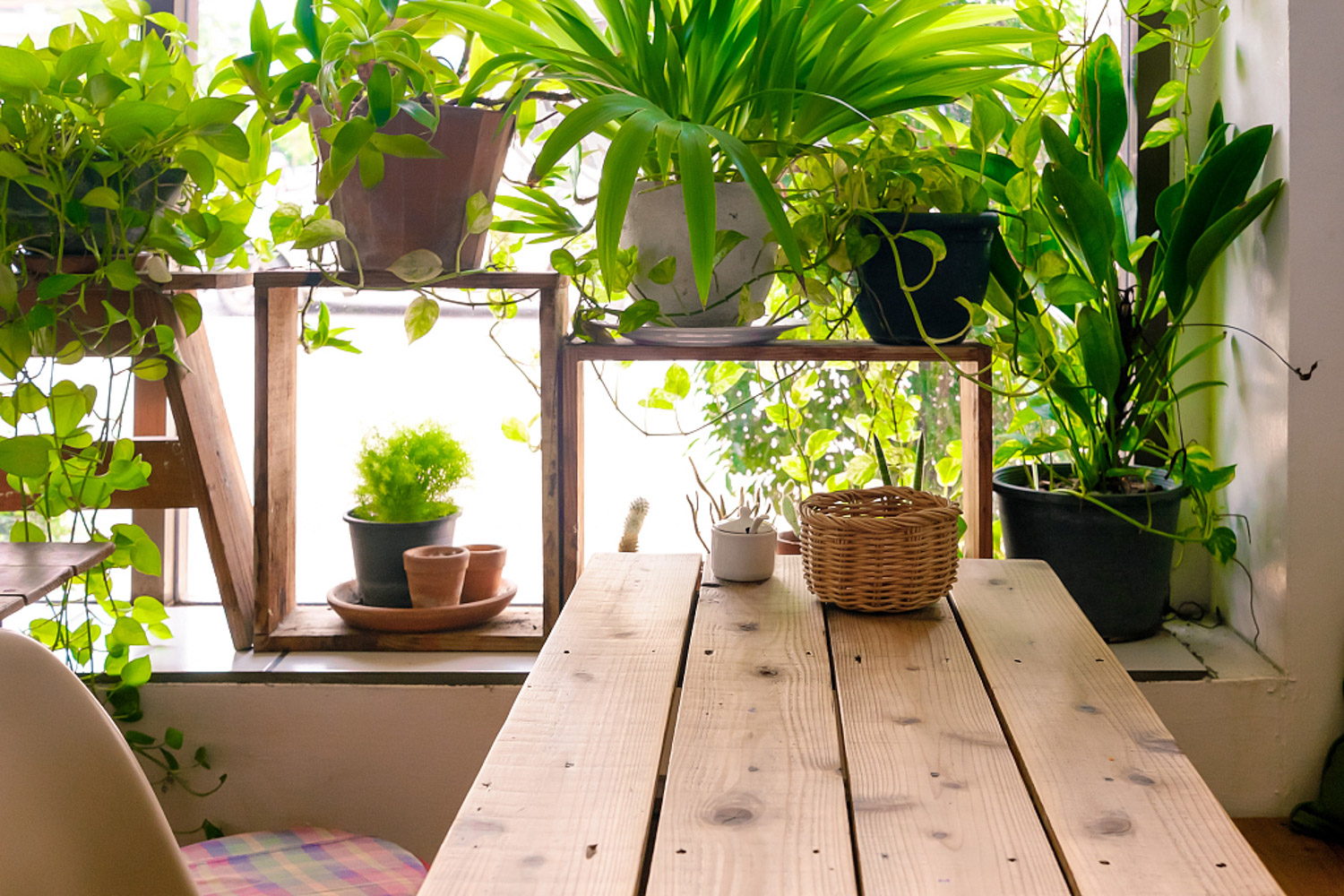
2. Watering: the time of water supply is not fixed. It is necessary to decide whether to water according to the dryness of the soil. Generally, water once or twice a week. Observe the state of the soil before each water supply. If the soil is completely dry, it indicates that watering is needed
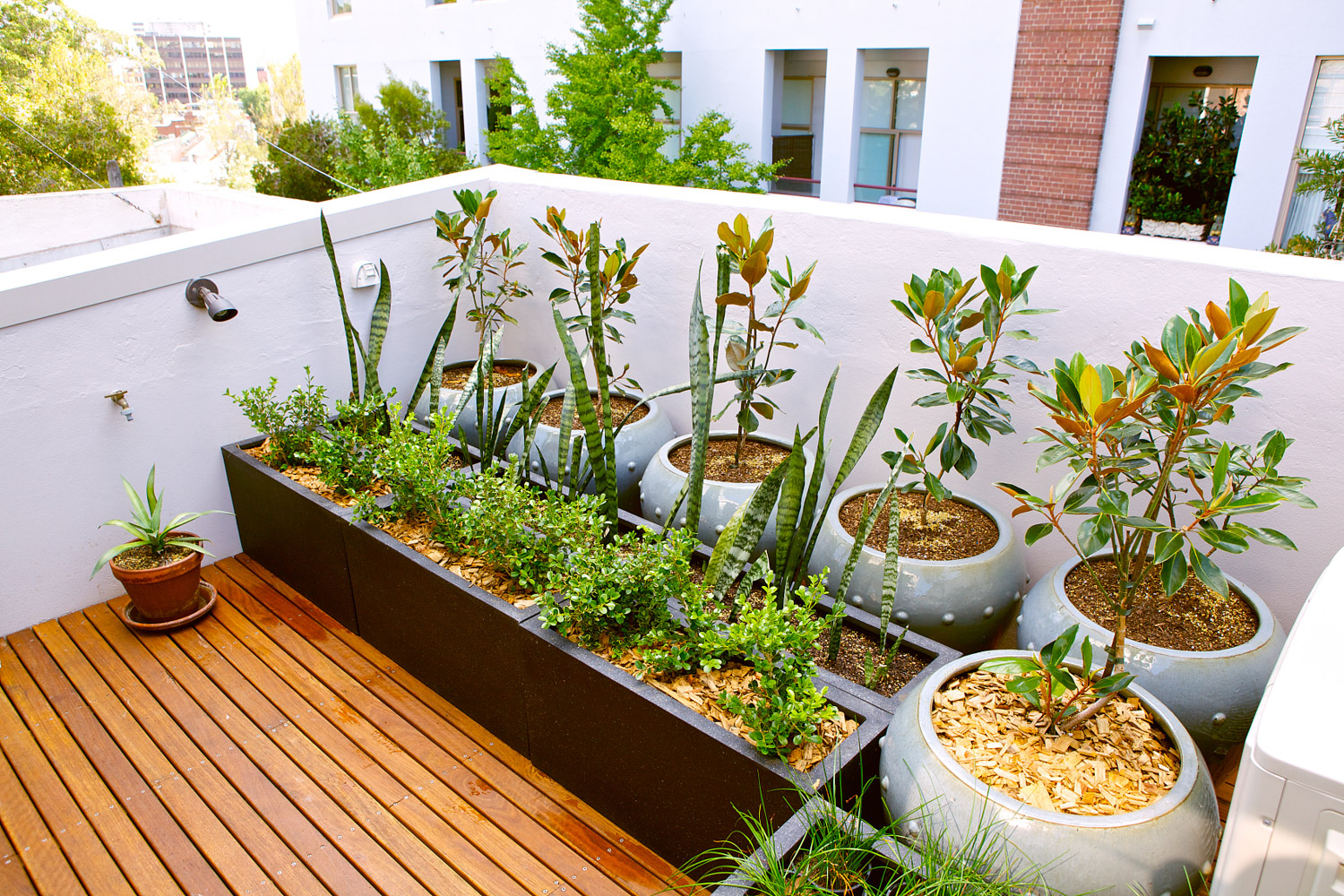
3. Fertilization: fertilize once or twice a month during the growth period, and organic fertilizer can be used. After the flower withers, it needs to be trimmed slightly. At this time, it needs to be fertilized. When it is about to enter the dormancy period, it is necessary to apply fertilizer once. After entering the dormancy period, it is not necessary to apply fertilizer
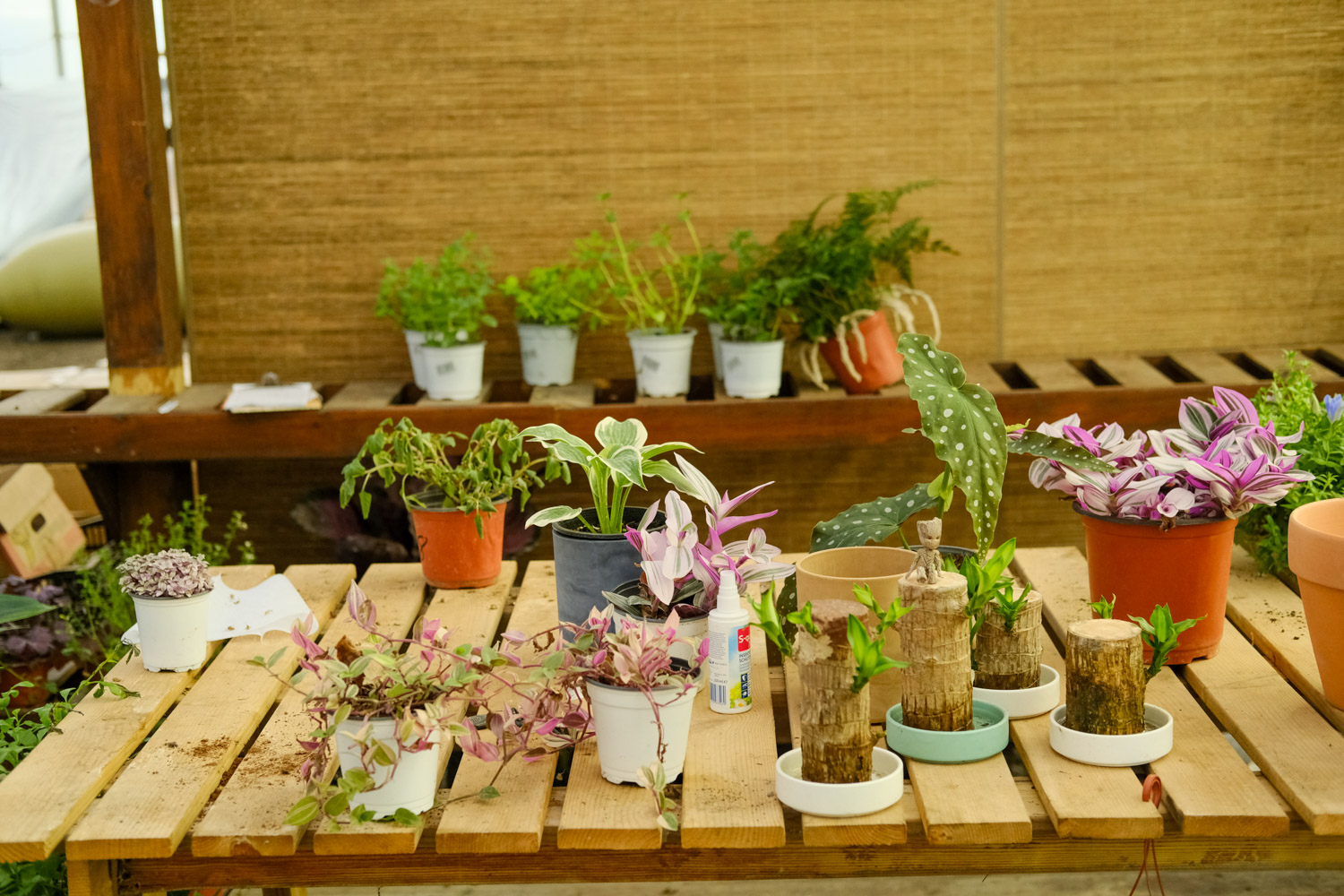
4. Light: it is slightly shade resistant. The daily exposure time of the sun cannot be less than six hours. When the sun is big, it needs shading. In autumn and winter, you can enjoy a whole day of sunshine
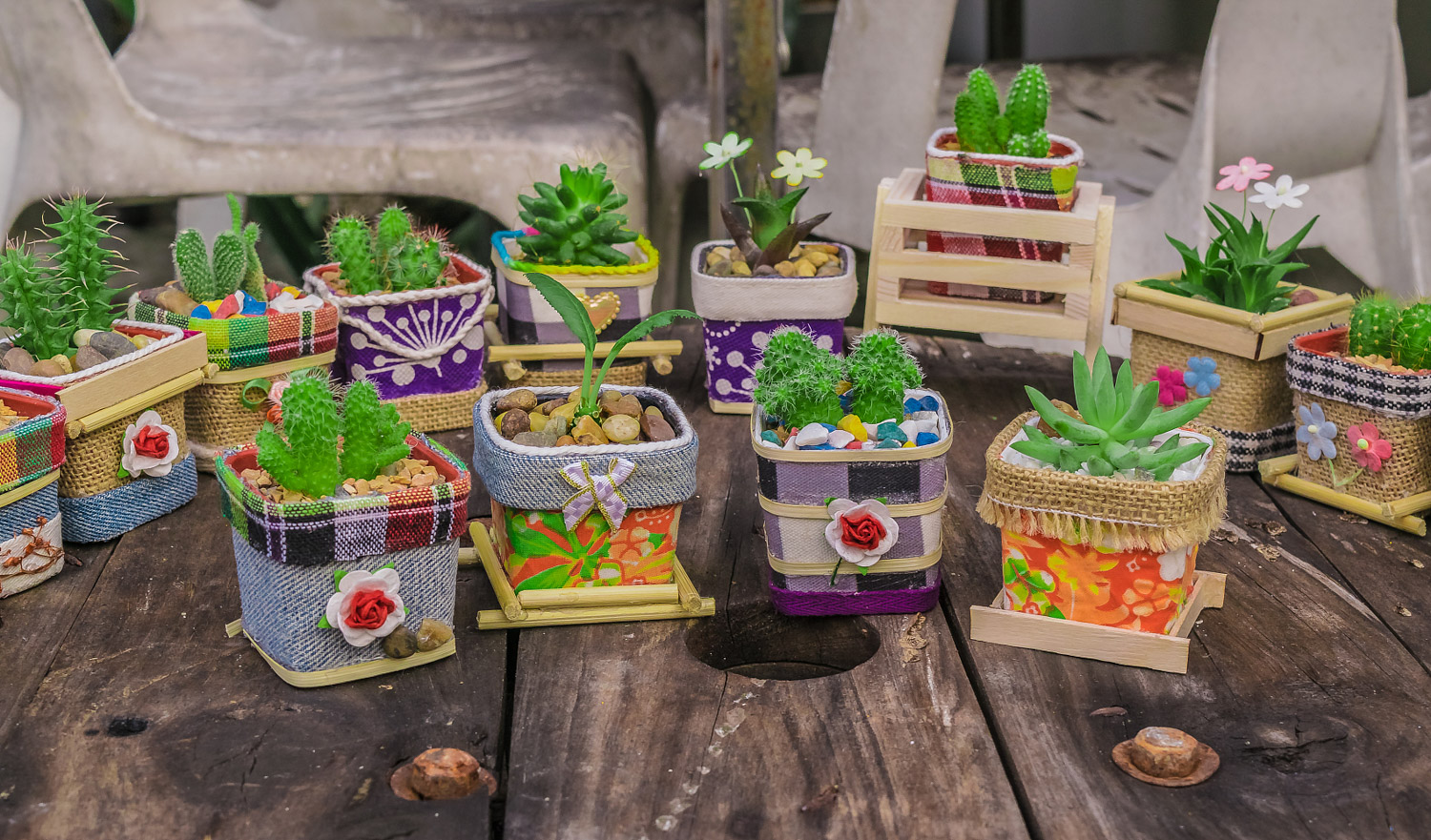
2、 Breeding skills
1. Reproduction: it can be propagated by sowing. The sowing time should be in autumn and winter. Because of its low temperature resistance, the temperature in autumn and winter is more conducive to its growth
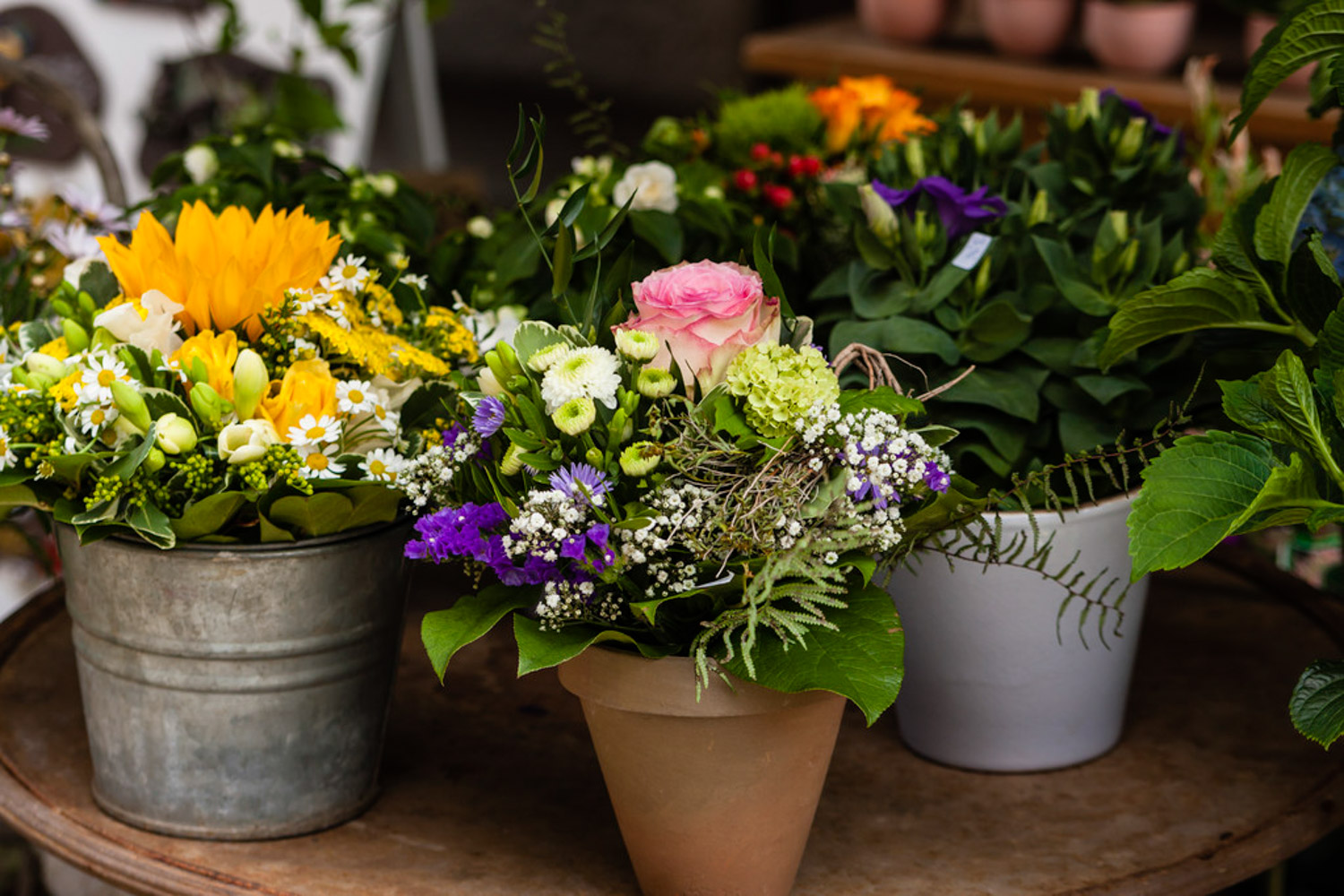
2. Transplanting: it can be transplanted and planted about a month after sowing. About three centimeters of small stones need to be placed at the bottom of the flowerpot as the drainage layer, and then bone powder is mixed in the soil to increase soil nutrition and ensure the nutrient demand of the plant. After the preparation is done, it can be transplanted
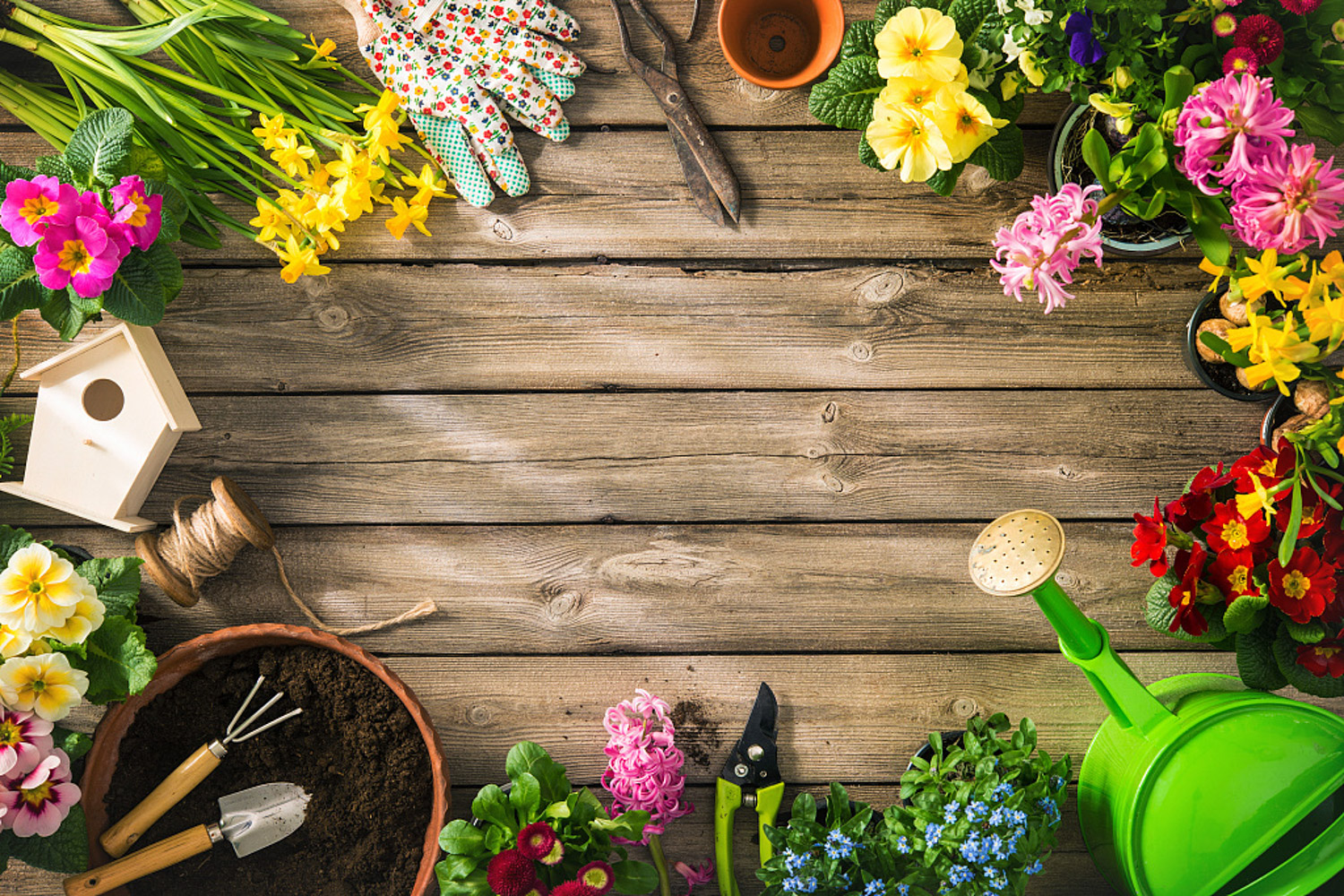
3、 Problem diagnosis
1. Sudden fall disease: if the plant has sudden fall disease, it is necessary to reduce the humidity during ventilation and spray it with fungicide regularly
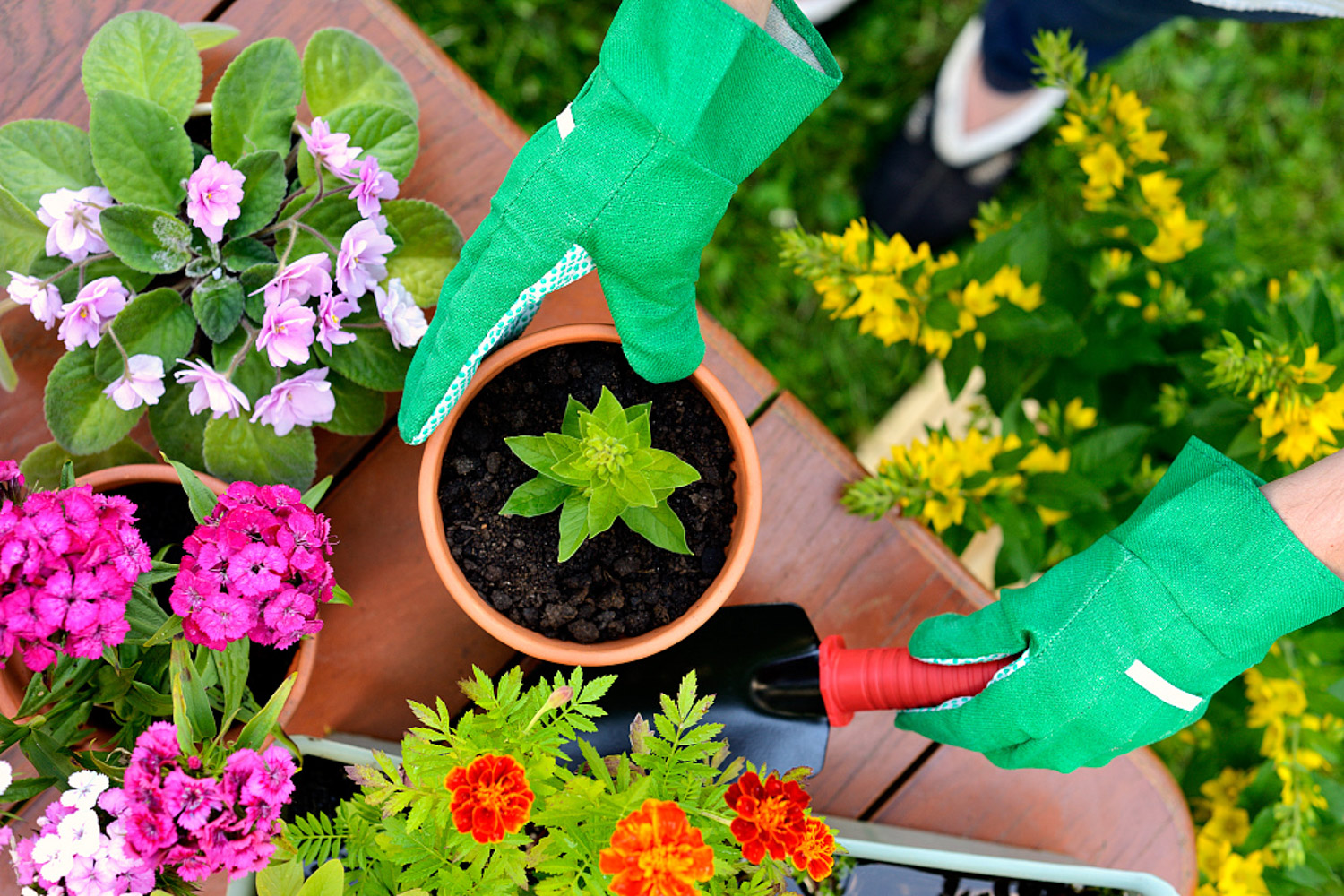
2. Pests: it is easy to be infected with pests. Even if the plant has not been affected by pests, chlorothalonil should be sprayed frequently to increase resistance. If the plant is infected with pests, insecticide needs to be used. It should be noted that if the insecticide is dichlorvos, it must be diluted before use, and the dilution ratio is 1:1000
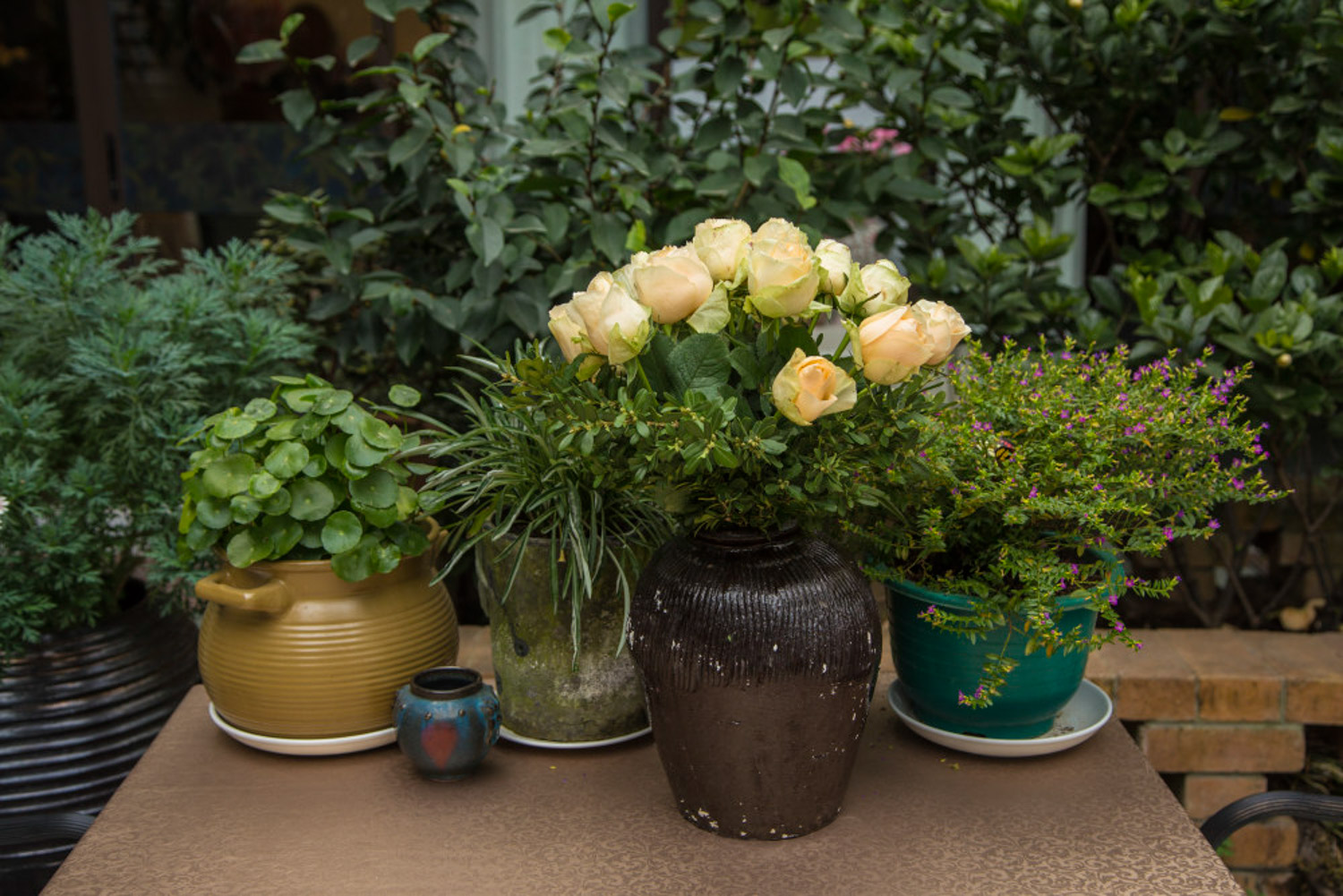
4、 Other issues
1. Can it be cultured indoors: it can be cultured indoors. Its growth habits such as low plant body and slightly shade resistance meet the conditions of family breeding, so it can be cultured indoors
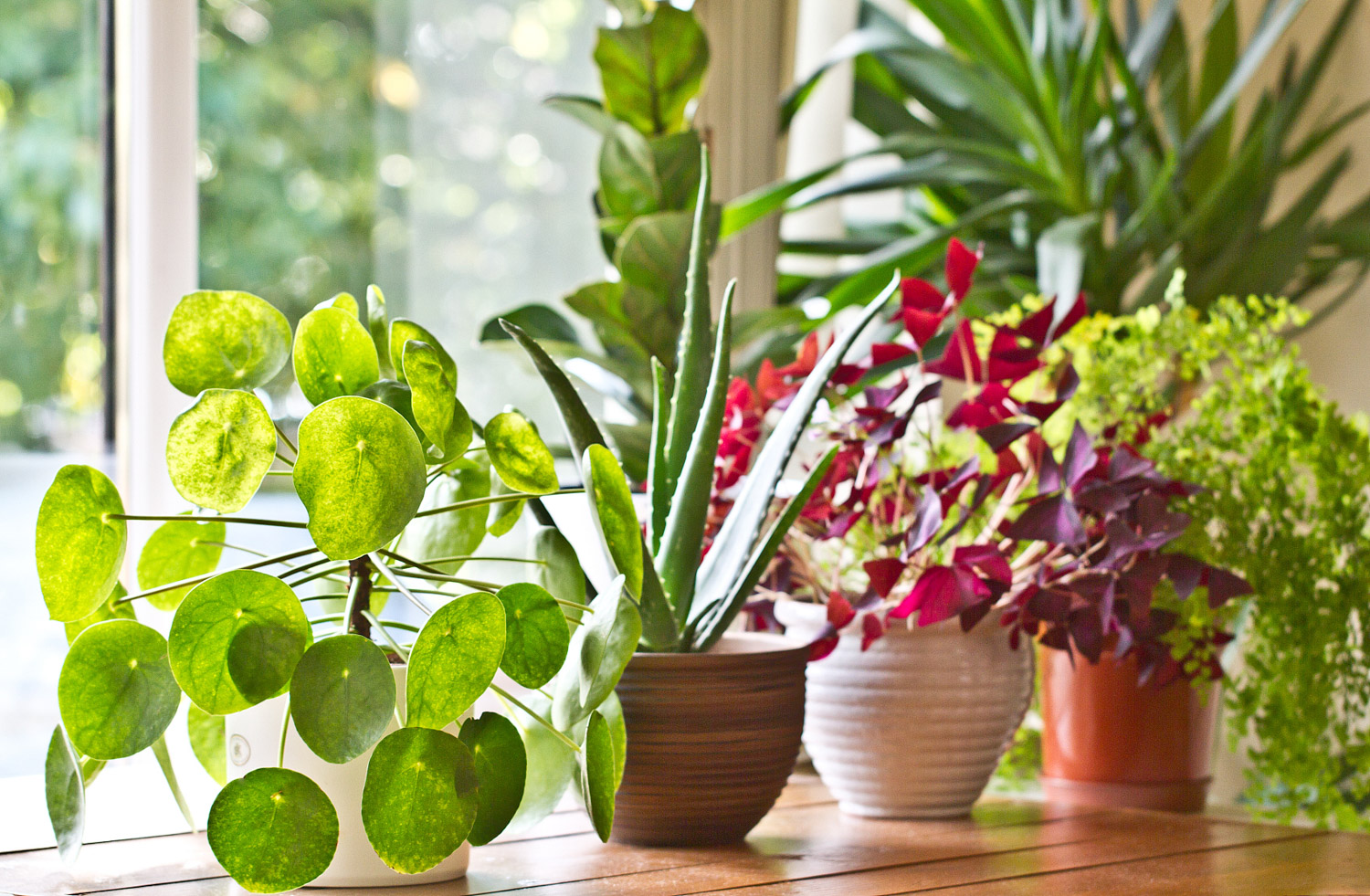
2. Uses: it has a beautiful plant type and can be used as a garden ornamental plant; The flowers smell fragrant and can be used to remove indoor odor


 how many times do yo...
how many times do yo... how many planted tre...
how many planted tre... how many pine trees ...
how many pine trees ... how many pecan trees...
how many pecan trees... how many plants comp...
how many plants comp... how many plants can ...
how many plants can ... how many plants and ...
how many plants and ... how many pepper plan...
how many pepper plan...

























